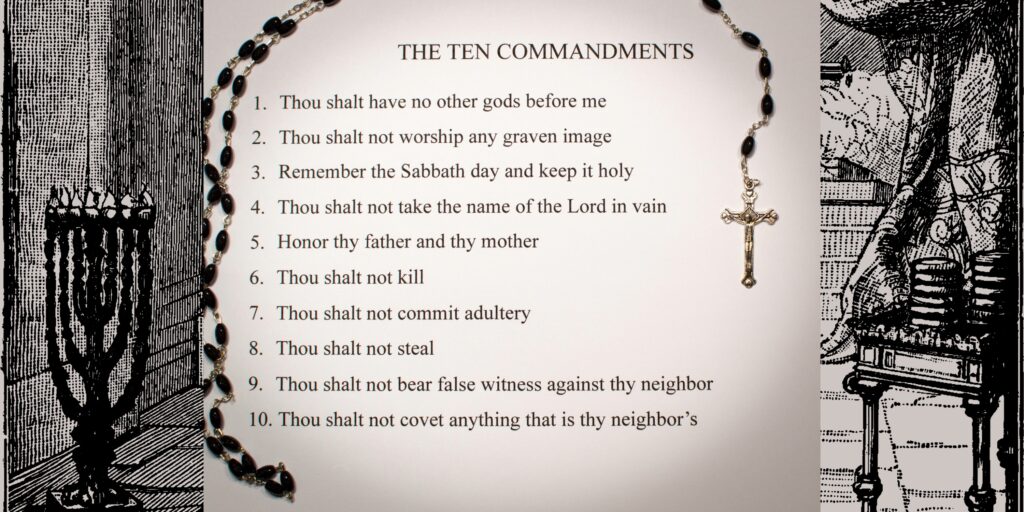

Debate Flares Over Ten Commandments Displays in Collier County Buildings
Debate Flares Over Ten Commandments Displays in Collier County Buildings
COLLIER COUNTY, Fla. — A proposal before Collier County commissioners is stirring one of the community’s most charged cultural debates in years: whether framed copies of the Ten Commandments should hang inside county buildings.
The idea, introduced during a recent commission workshop, would place the biblical text alongside America’s founding documents, including the Declaration of Independence and the Bill of Rights. Supporters argue the display highlights history, not religion.
“The Ten Commandments have shaped Western legal tradition and deserve to be displayed alongside other foundational texts,” one commissioner said.
Critics, however, see it differently. Civil liberties groups and residents warn the initiative risks eroding the constitutional separation of church and state.
Legal Lines and Risks
Courts have long struck down government postings of religious texts presented in isolation, ruling they amount to endorsements of faith. At the same time, the U.S. Supreme Court has upheld Ten Commandments displays that appear in a broader historical or educational context.
Collier’s proposal aims to fit within that framework, but legal experts caution the county could still face costly lawsuits if the measure is challenged.
Divided Public Response
The issue has drawn strong reactions from residents. Supporters see the display as an acknowledgment of America’s roots and a symbol of enduring cultural values. Opponents counter that it risks alienating people of other faiths—or no faith at all—while leaving taxpayers to shoulder any legal fallout.
What’s Next
Commissioners have not yet scheduled a final vote. In the meantime, county staff are exploring designs for a possible “Foundations of Law” exhibit that would present the Ten Commandments alongside multiple documents to bolster the proposal’s legal standing.
For now, the debate highlights a recurring tension in American public life: how to honor history without crossing the constitutional line that separates church from state.